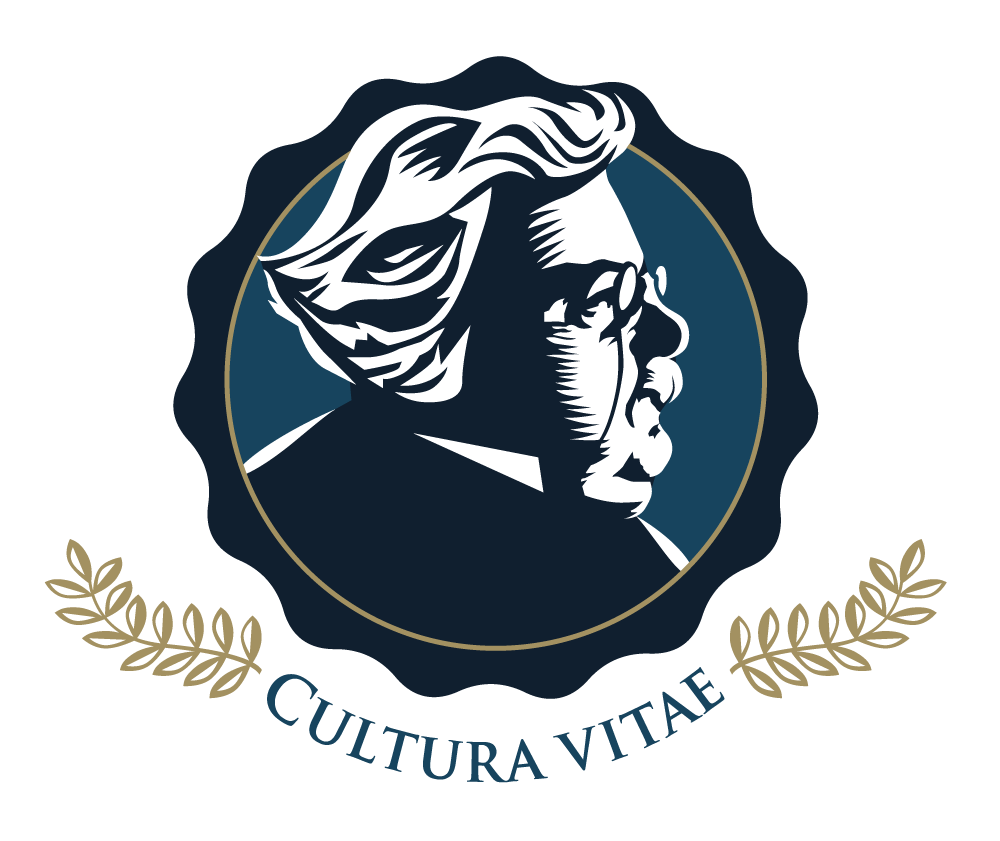Journeying with Dante
O come, Thou Dayspring, come and cheer
Our spirits by Thine advent here;
Disperse the gloomy clouds of night,
And death's dark shadows put to flight.
The hymn is very fitting as we have just completed Dante’s Inferno and have started our ascent into Mount Purgatory. The students have been immersed in Medieval Literature. Coming to school and reading such beautiful works is such a joy. Dante’s pages scream out, “Go forth and become beautiful.”
Dante wrote the Divine Comedy while in exile. Distant from Florence, his home city, he gains a new perspective. He is no longer caught up with the factions of the Guelfs and Ghibellines, but he gains a transcendent view. His muse, Beatrice, “the bringer of blessings,” will assist Dante as a heavenly guide towards inner perfection. (Esolen, p. viii)
The Divine Comedy can be read as a poetic allegory recounting a pilgrim’s fictional journey through the three realms of Hell, Purgatory, and Heaven. Or, as intended, it can be read as a theological allegory, whereby the reader, “Midway upon the journey of our life” (Esolen, p. 3), is part of the eschatological pilgrimage. It is the story of the soul. It prefigures what the soul ought to be (Mazzotta, p. 55) and its final destination: Paradiso.
In hell, we encountered unrepentant souls, disfigured and contorted by sin. We saw the effects of incontinence, violence, and fraud. In Canto XXXIII, we experience the apparent sovereignty of evil engulfing reality. In the final Canto of The Inferno, Canto XXXIV, Satan becomes an instrument for the pilgrim’s ascent, demonstrating that all evil can be turned into good. In Dante's cosmos, evil is connected with an opportunity for redemption. The absolute defeat of evil is when it can become the stepping stone over the threshold of evil to reach the island of Purgatory. (Mazzotta, p. 115)
Dante has encyclopaedic knowledge, drawing from Aristotle, St. Augustine, and St. Thomas Aquinas; for Dante, everything comes down to desire: the characters we encounter love the wrong thing or the right thing too little. The torment of each contrapasso conveys a profound understanding of love gone wrong. Purgatory comes as a relief from the torments of Hell. Each soul undergoes a contrapasso; however, the punishment is restorative and not punitive here. Purgatory is a place “which undoes the harm of sin” (Esolen, p. xvi), and man is healed and restored to himself, capable of genuine benevolence and friendship.
The students created fantastic Dante Projects ranging from poems, rap songs, sketches, videos, Lego constructions of Cantos, a Gluttony cake, and a Phlegethon jelly river.
Mrs. Quadrelli

